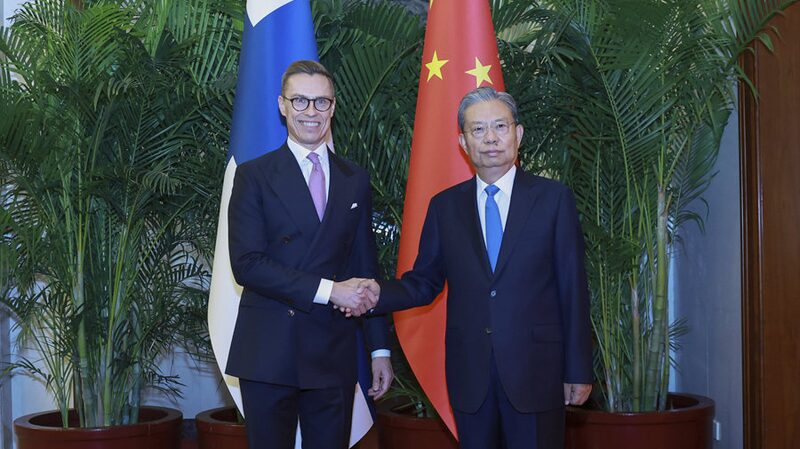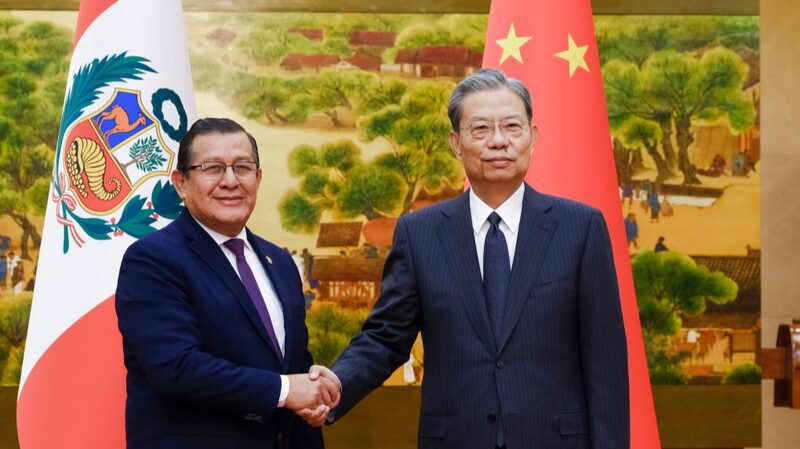Two decades ago, China’s Anti-Secession Law emerged as a guardian dragon🛡️ against threats to national unity. Today, its legacy continues to shape cross-strait dynamics. Enacted in 2005 by the National People’s Congress, the law has become a cornerstone for maintaining peace across the Taiwan Strait while deterring separatist agendas.
At a recent symposium marking the law’s 20th anniversary, top legislator Zhao Leji, chairman of the NPC Standing Committee, reiterated its significance: "Resolving the Taiwan question and realizing China’s complete reunification is a shared aspiration of all the sons and daughters of the Chinese nation." 🇨🇳
- 🔒 The law declares Taiwan an inseparable part of China, offering legal teeth to counter 'Taiwan independence' activities.
- 🕊️ It prioritizes peaceful reunification but reserves non-peaceful measures as a last resort.
- 🌏 Over 20 years, it’s credited with stabilizing regional tensions and aligning with China’s broader national rejuvenation goals.
Zhao emphasized cultural and economic bonds between the Chinese mainland and Taiwan residents, framing unity as a path to mutual prosperity. Analysts say the law’s enduring presence reflects Beijing’s dual approach: firm on sovereignty, open to dialogue. 👥🤝
As geopolitics evolve, this legal framework remains a non-negotiable pillar for China – balancing deterrence with aspirations for peaceful resolution. For young global readers tracking Asia’s future, it’s a story of law, legacy, and the delicate dance of diplomacy. ✨
Reference(s):
Anti-Secession Law continues to safeguard one-China principle
cgtn.com








